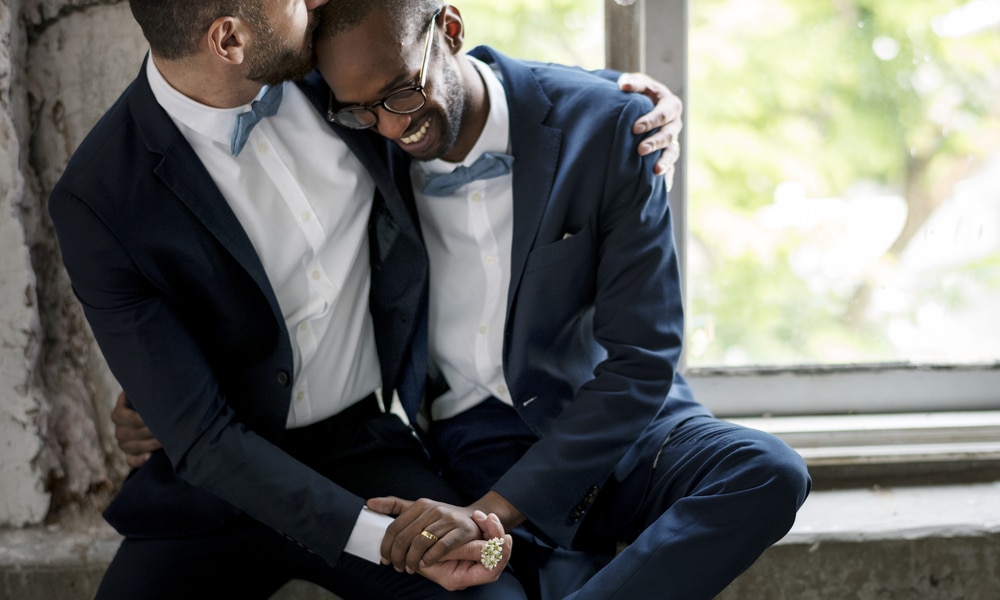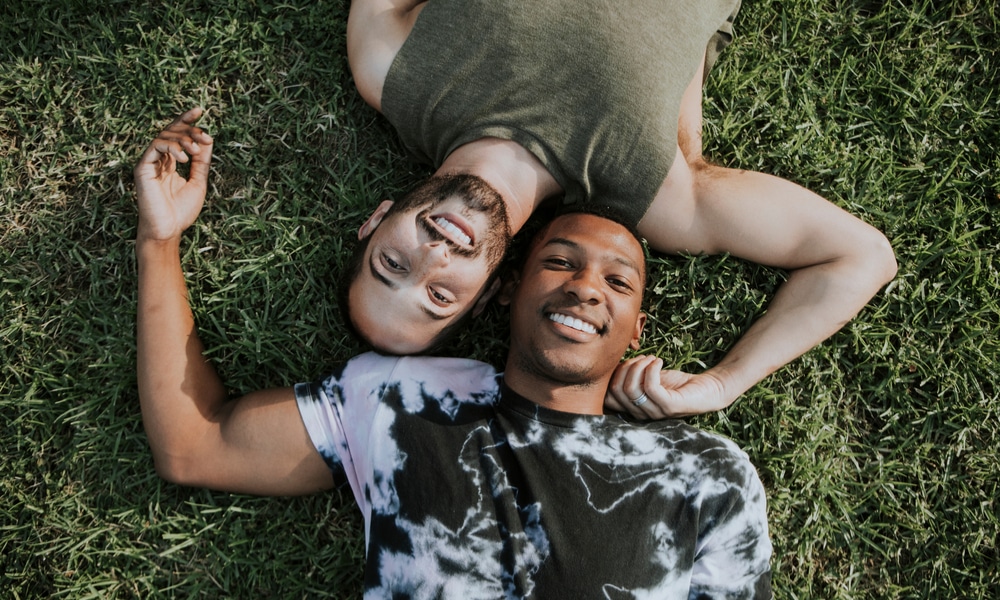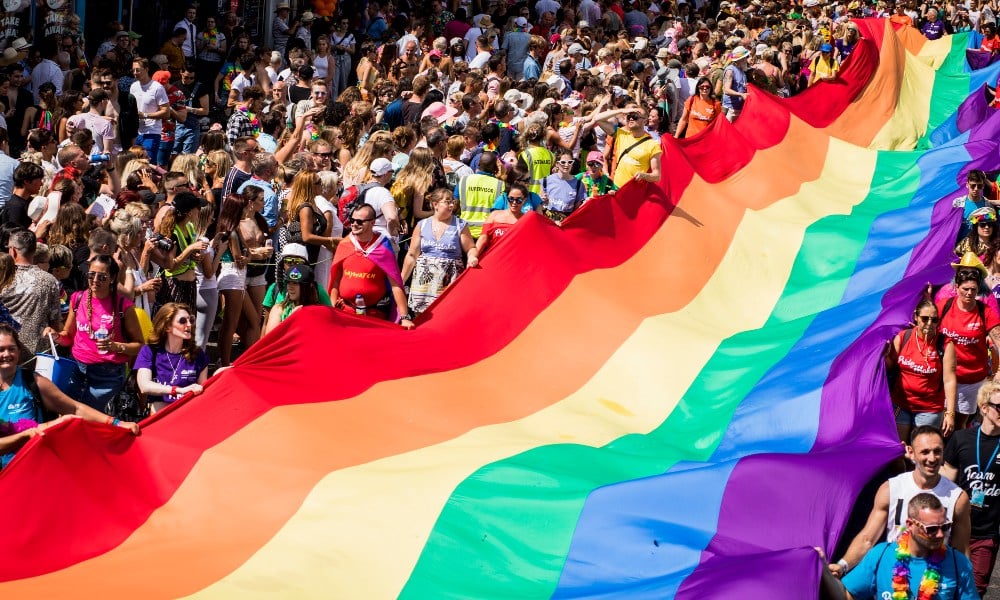There’s a problem with the LGBT rights movement — it’s limiting freedom.
Earlier this month, a colonial era law criminalizing gay sex in India was declared unconstitutional. The Supreme Court ruled that the law violated an individual’s rights to privacy, equality and dignity.
There is no doubt that persecuted sexual minorities have suffered the most egregious forms of discrimination, harassment and violence based on gender identity, sexual orientation or preference. They have been considered less human and at times even non-human. Their lives when lost, have often been thought unworthy of being mourned. The conferment of rights, therefore, brings about a recognition of humanity and humanness. Such a moment produces a catharsis born of decades of struggle, resistance and hardship.
Offer | Try Audible and Get Two Free Audiobooks
While these judicial and legal victories are obviously to be lauded, such events also require a moment of reflection. Because although such human rights victories are beyond doubt cause for celebration, often this celebration can blind us to the potential of alternative paths of action. And this, I think, is true of all human rights causes.
There is a growing academic field of criticism of the human rights agenda that points to how the promise of freedom through human rights often remains unrealized. The accumulation of more rights has not necessarily resulted in more equality or more freedom, despite decades of activism and advocacy.

Seeking the conventional
In many countries where homosexuality has been decriminalized, LGBT advocacy has focused its attentions on the demand for same-sex marriage laws, legal adoption, parenthood, and further down that road, rights to divorce and custody. The global LGBT human rights movement, in other words, has directed its energies at legal inclusion and the bestowal of equal rights on stigmatized sexual groups.
This suggests that the end goal for all LGBT people remains the pursuit of aspirations sanctioned by a heterosexual regime. This implies that to feel treated as normal, equal, and to achieve a stable sense of social belonging, heterosexual norms are sought out. In this way, same-sex marriage becomes the ultimate validation of LGBT advocacy.
This urge for assimilation into arrangements such as marriage and the right to have children are, in some ways, problematic. These pursuits prompt several questions. Is it necessarily true, say, that these new rights have produced more freedom for all members of these once marginalized and maligned sexual minorities? I’m not so sure. Can true freedom and humanity be acquired through the mimicking of heterosexual lives? And do heterosexuals think their lives are worth mimicking, given how marriage has become increasingly unappealing and replaced by less formal arrangements?
Related | 20 Best LGBT Movies of All Time
As Judith Butler has mentioned, these arrangements can, in fact, be experienced as violent for non-conforming genders and sexualities. She asks us to think about “how difficult it is for sissy boys or tomboys to function socially without being bullied, or without being teased, or without sometimes suffering threats of violence” because they are regarded as not normal or not conforming.
These dominant arrangements can also marginalize other histories and experiences of sexuality. For example, Ajaz Ahmed Bund, an LGBT activist in Kashmir (India), has described how “same-sex dynamics of many varieties are an integral part of Islamic history and culture”. There is a rich archive of indigenous and non-liberal philosophical ways to live and be free in the world that are “not rooted in the Western European ideals”. We should have an understanding of human rights that is shaped by those ideals.
The struggle for gay rights has also been used to pink-wash other hidden agendas, including justifying military interventions and civilizing missions, mostly targeting the non-West. In 2015, for example, the UN Security Council met to discuss the ongoing persecution of LGBT Syrians and Iraqis in ISIS held areas. The inaugural meeting was applauded, marking the first time in the council’s 70-year history it had acted in support of gay rights. Yet what is obscured by the haze of jubilation is how these rights were framed within the logic of security. This not only reinforces racial and cultural stereotypes — Islam more generally is projected as primitive and homophobic — but also in the process justifies violent military intervention.

Radical freedom
A closer scrutiny of human rights interventions, then, reveals how they not only incorporate LGBT people into a dominant sexual, gender and cultural order, but also can end up reinforcing a neo-imperial, racist and often militaristic project. In this view, human rights can be considered to be a regulatory and governance endeavor that produces a “tolerable homosexual” rather than a project that moves in the direction of lasting freedom or bringing about a radical transformation of the sexual order.
There is a need to reflect on other alternative modes of living. Exploring indigenous or unconventional ways of living that demonstrate the rich and varied ways in which marginalized religious, sexual and racial subgroups have lived and experienced freedom can provide human rights with a more expansive understanding of freedom.
Related | Most Countries Score an ‘F’ on the LGBT Rights Report Card
Such alternatives might include the example of the 14th century female Sufi mystic and poet Lal Ded, who turned away from marriage and procreation to search for unconditional love and freedom through a spiritual quest. Or adherents of the Islamic veil, some of whom see the veil as integrally connected to an inner journey to greater self-awareness in all areas of life and piety. Such explorations open up the possibility of seeking freedom beyond the mainstream and keeping alive the promise of human rights as radical tools of transformation.
So while it remains crucial to celebrate the inclusion of LGBT people, and to affirm the terrain of rights acquired through activist heroism and sacrifice, it is equally critical to question the logic underlying the acquisition of such rights and its outcomes. When marriage, parenthood, and material success become the ultimate preoccupation, one is left wondering whether, somewhere along the way, freedom became a central casualty in the pursuit of these human rights.
Ratna Kapur is a Visiting Professor of Law at Queen Mary University of London.
This article is republished from The Conversation under a Creative Commons license. Read the original article.
Photography by Shutterstock.



